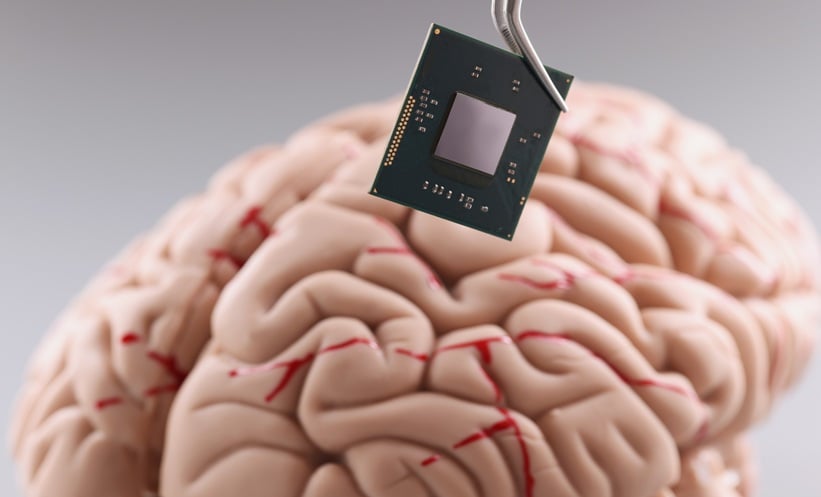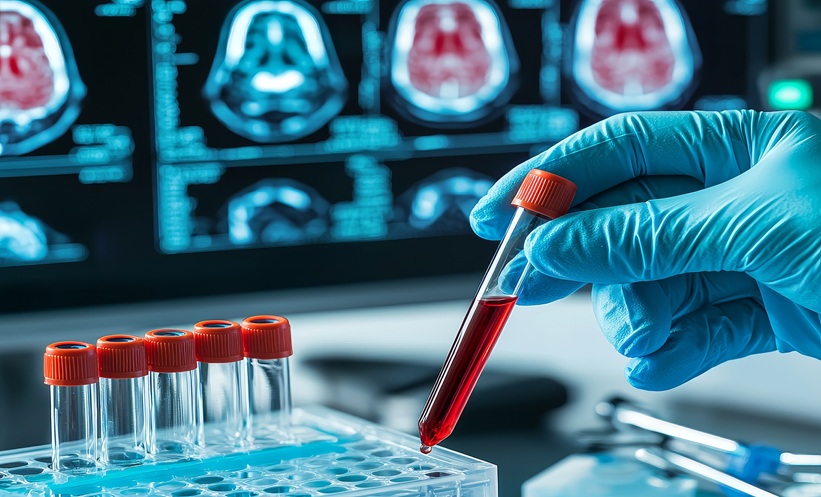Living Mini Brains Behind a New Computing Revolution
TINY brain-like organoids, sometimes called “mini brains”, are at the center of a bold new approach to computing that merges biology with technology. Researchers exploring organoid intelligence describe how these living systems mimic key aspects of human brain function, opening doors to personalized medicine, advanced disease modeling, and sustainable bioengineered solutions.
By connecting organoids to computer interfaces, scientists can create hybrid systems that “learn” and process information in ways that resemble the human brain. This living approach to computation could dramatically improve efficiency, enabling powerful data analysis and drug discovery while using far less energy than traditional silicon-based processors.
How Organoid Intelligence Bridges Medicine and Technology
The study highlights how emerging technologies, such as microfluidics, artificial intelligence, and electrophysiology, are accelerating organoid intelligence research. These tools allow scientists to grow, measure, and control neural activity in complex 3D organoids that more closely replicate human biology than animal or synthetic models.
Such systems could refine drug testing, predict toxicity, and personalize treatments based on patient-specific cellular responses. Beyond the clinic, organoid intelligence may contribute to sustainability by aiding carbon capture and pollution control through biologically adaptive processes.
Ethical Questions for a Living Form of Intelligence
As organoid intelligence advances, researchers emphasize the importance of ethical and legal oversight. Questions surrounding data privacy, potential misuse, and the moral status of organoids capable of cognitive-like behavior remain at the forefront. The authors call for adherence to ethical frameworks such as the Baltimore Declaration to ensure these technologies evolve responsibly and equitably.
The fusion of biology and computing marks a pivotal frontier in science, one where “mini brains” could eventually help solve complex problems in healthcare, energy, and the environment while prompting society to rethink the meaning of intelligence itself.
Reference: Al-Hassan W et al. Organoid intelligence and biocomputing advances: Current steps and future directions. Brain Organoid and Systems Neuroscience Journal. 2025;3:8–14.








